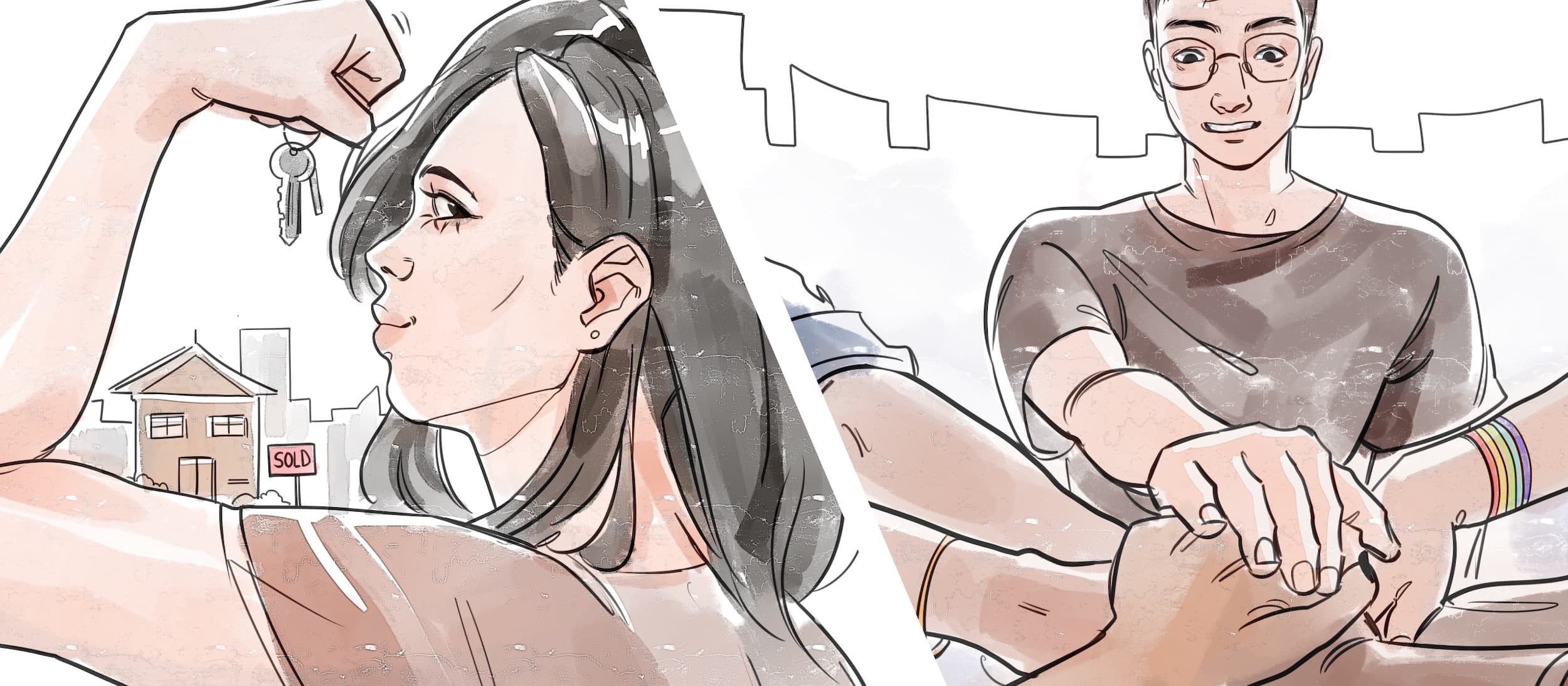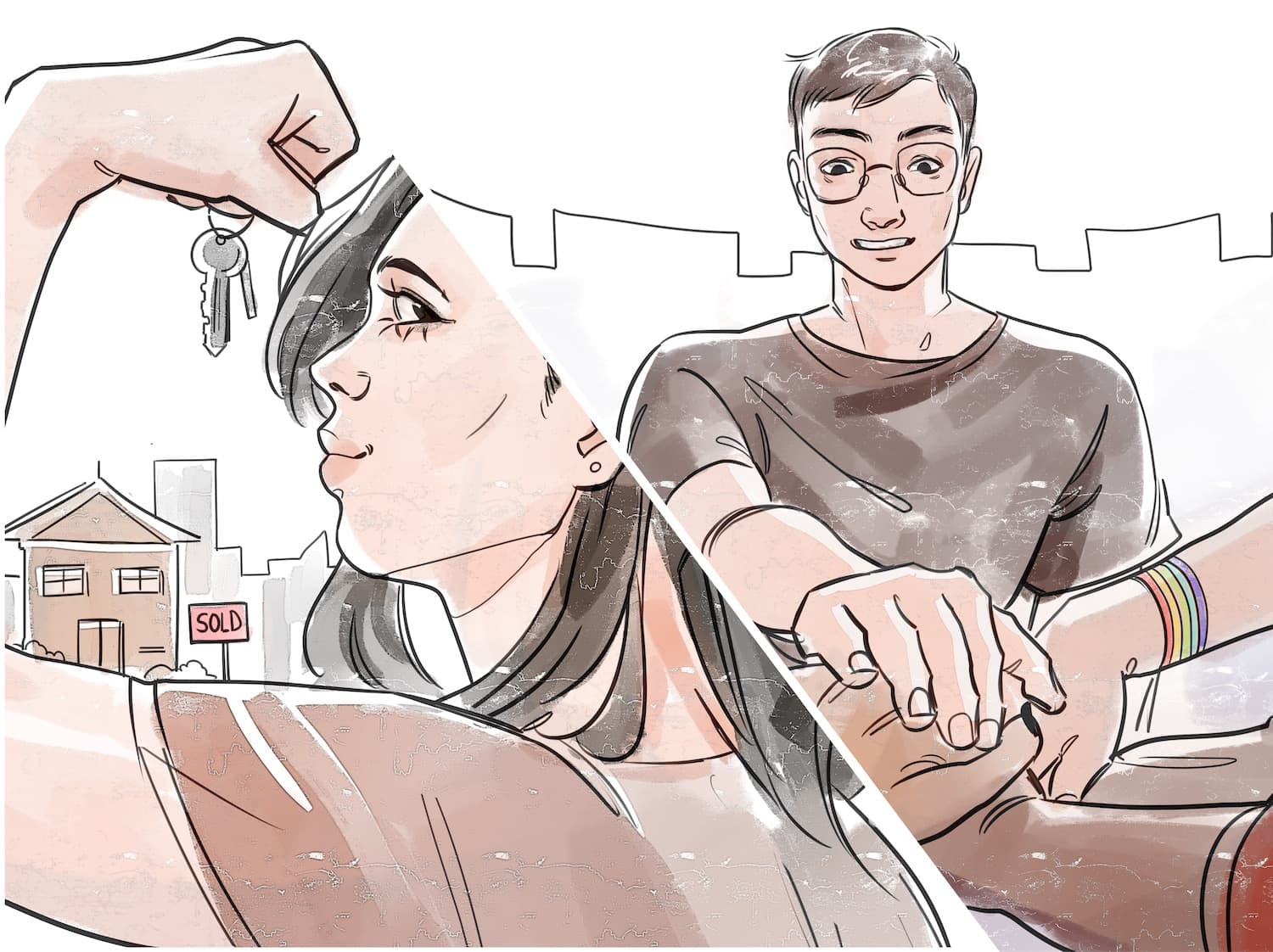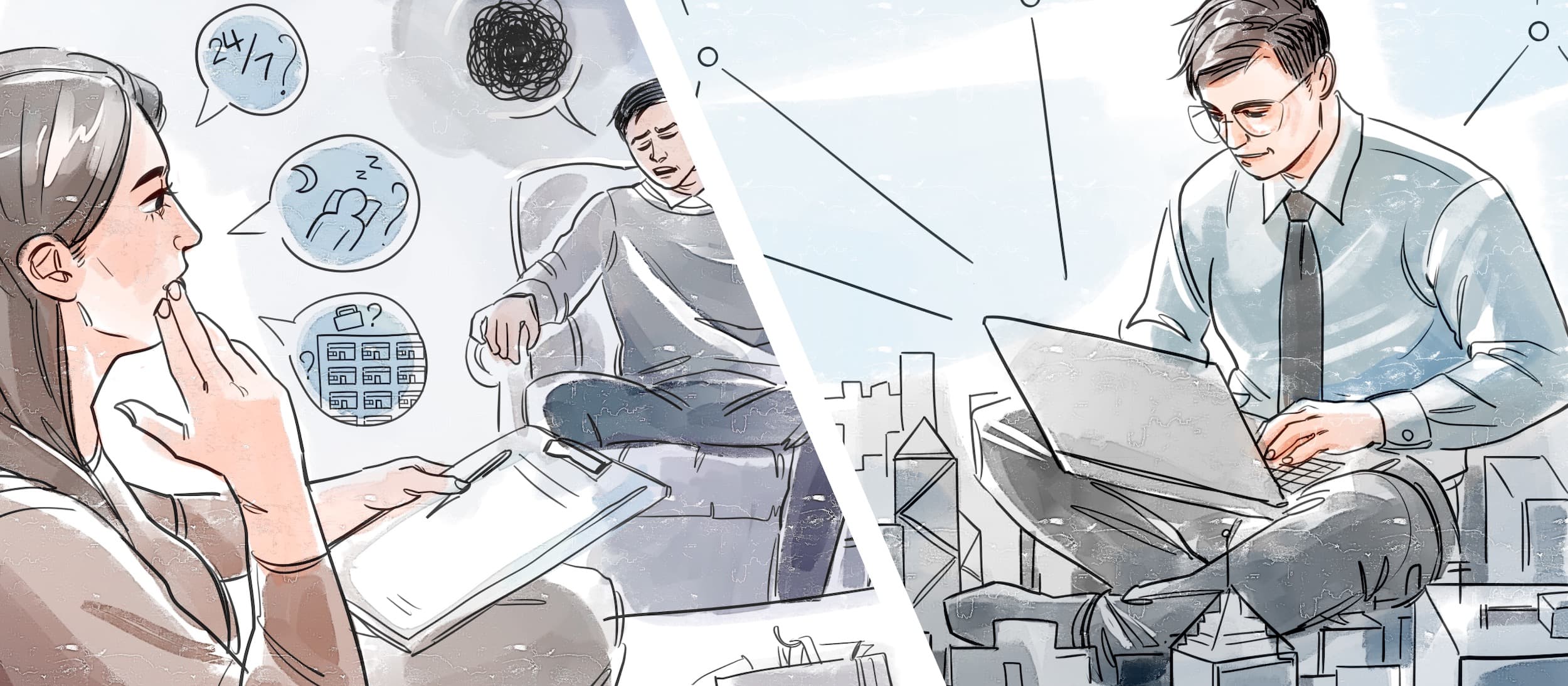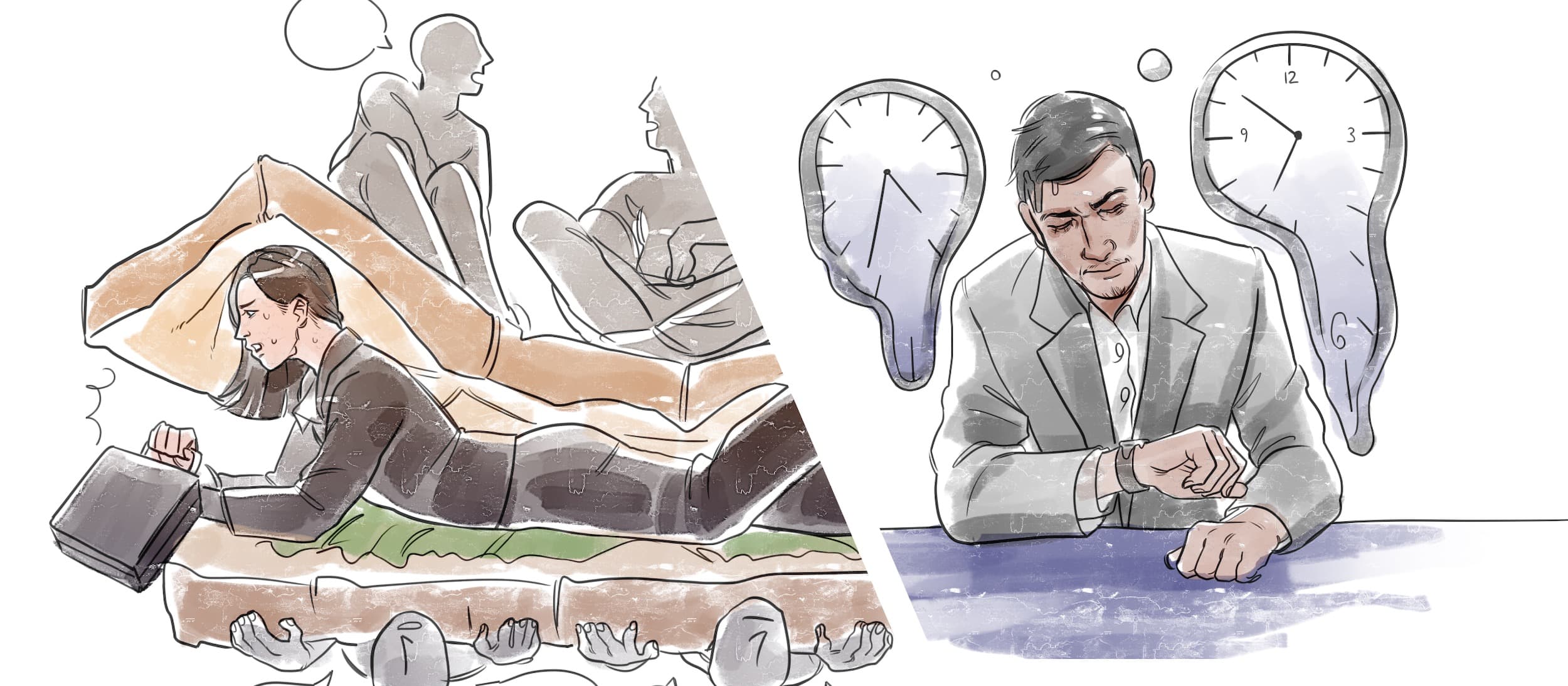Home is where the BTO is
Before we start chatting, Chiara Soh, a 24-year-old events planner, says she needs some time to take care of her dog and two cats first. This innocent request already sketches an outline of the archetypal Gen Z today: young, of course, but precociously responsible and career-driven. Although only 24, Chiara already has the goal of owning her own house with a partner while advancing in her career.
Those not yet in a job tend to channel their energies to pursuing an education they find personally meaningful. Sean Lim, for example, is a 22-year-old in his first year at the liberal arts college Yale-NUS. Like his dormitory room, which was hovering in the background of our video call, Sean is fastidious and thoughtful in his responses.
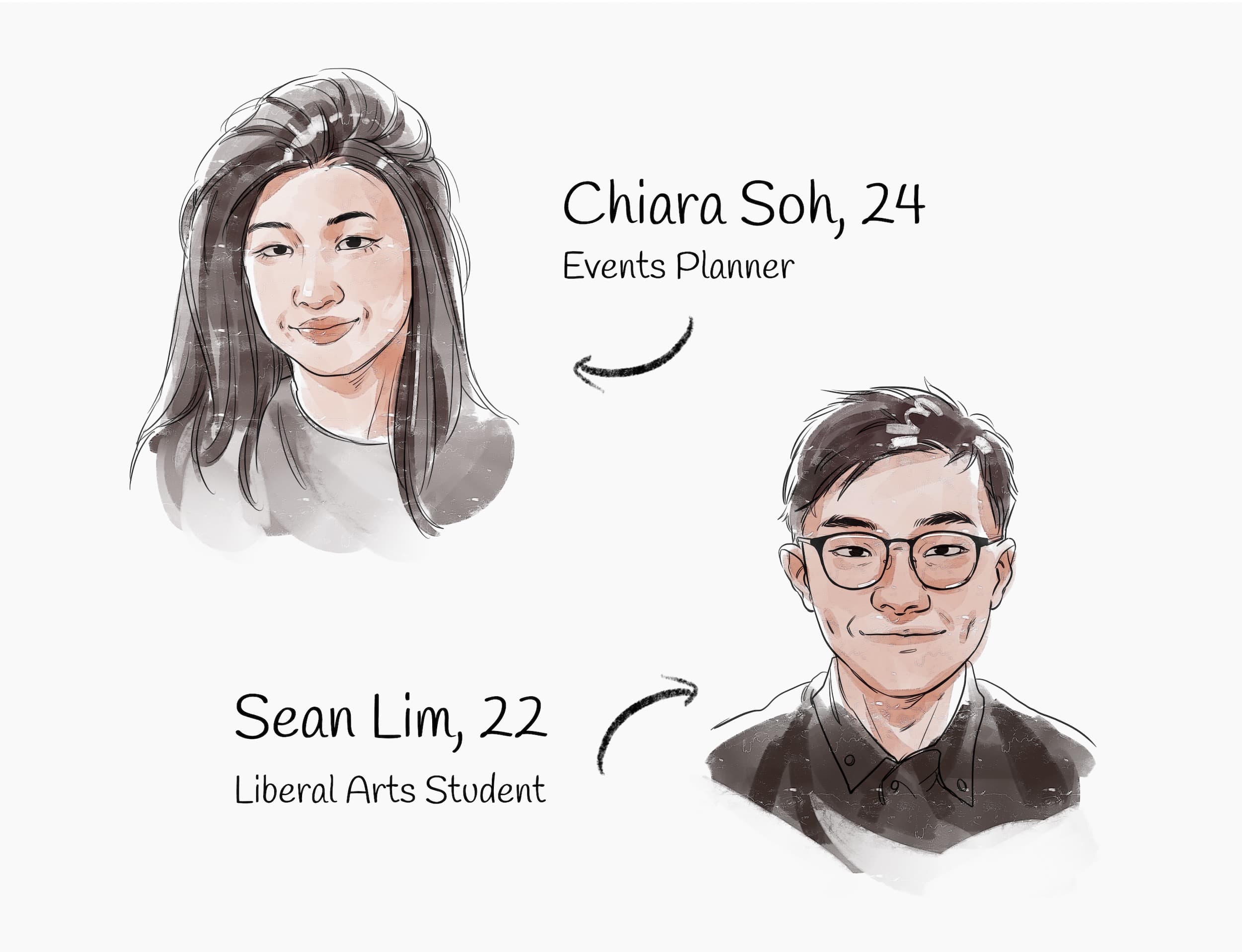
Unlike Chiara, Sean — after carefully considering the question — believes that his aspirations are not defined by the typical Singapore dream of “meeting someone and having two children … the Singapore [family] nucleus”. He fiercely refuses to live a “life on autopilot”, but also qualifies his assertion — he does not think that following the standard Singaporean path is wrong, per se, but feels that “what matters is that you arrive at [the destination] yourself”.
Sean’s insistence on individuality might be an outlier. As much as Gen Z is vaunted to be a generation of mavericks, they are also realistic, painfully aware of the state of the world. Chiara says that most of her peers share similar goals with her, and have started calculating the cost of owning a home, even at their young age.
“The most affordable way is to get a BTO [with a partner]”, she states matter-of-factly.
Reflecting on her goal, Chiara laments, “it’s quite scary, because I feel like at this age, we shouldn’t be thinking so much into the future.” But it is an escapable fact that houses in Singapore are extraordinarily costly, have a considerable build time and affect family planning.
“In a way, it’s kind of taking away our youth, when we have to get serious so early”, Chiara sighs. Sean agrees, and terms it the “problem of young adulthood” — only one issue among the many that Gen Z, inheriting a fractured world, has to grapple with.
Progress for our nation
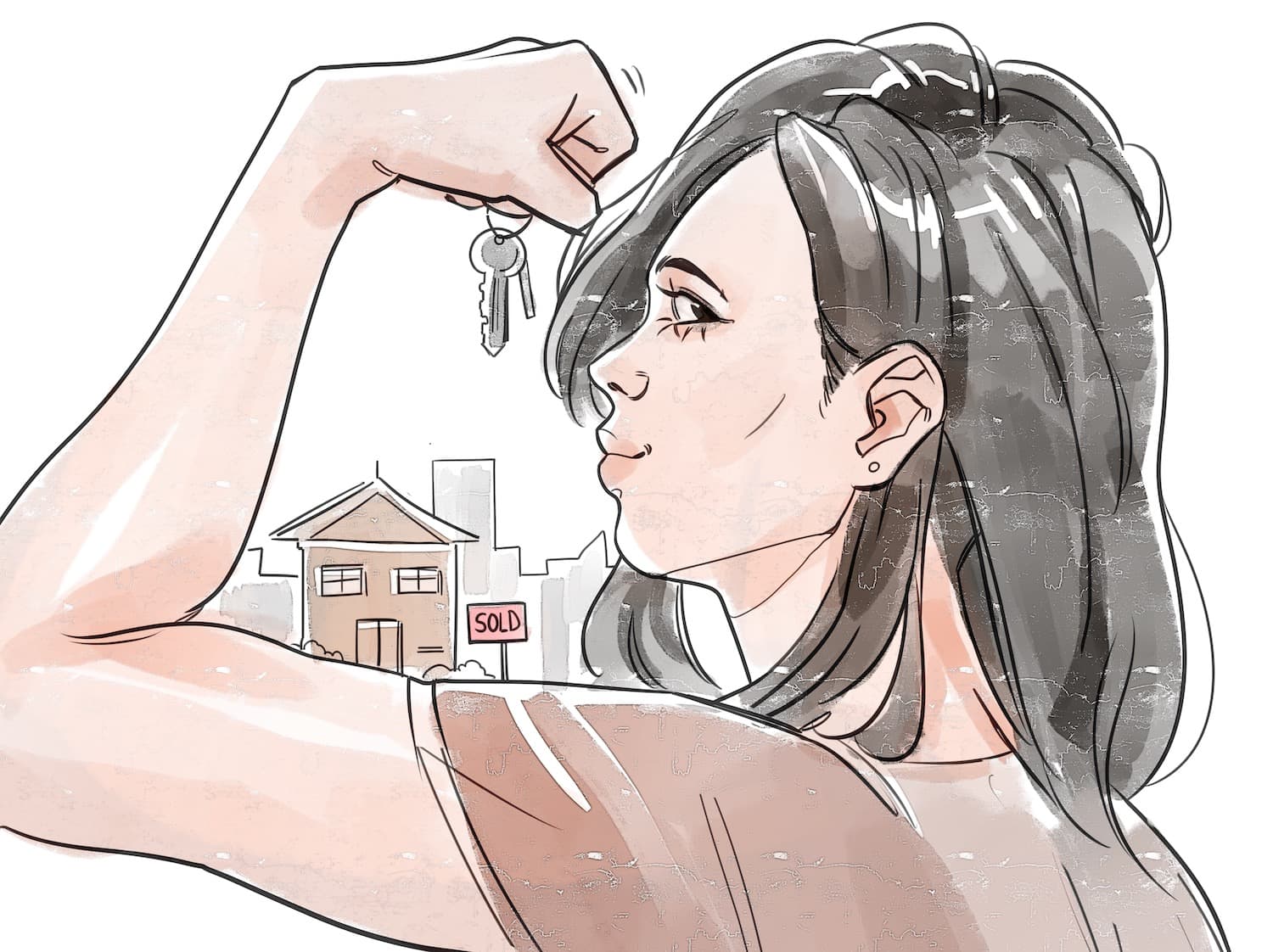
Gen Z, according to both Chiara and Sean, is defined by an advocacy for social change. “There is a lot of love” from her generation for a myriad of causes, ranging from gender expression, to racial equality, to protecting the environment, Chiara points out. Agreeing, Sean cites Greta Thunberg, a young environmental activist known for openly criticising world leaders for their inaction, as the “walking Gen Z” person.
Thanks to the advocacy of the younger generations, social progress has been made in Singapore too. Chiara is proud that it is no longer a surprise to see female leaders in power, compared to the past, when “most women were just housewives… they weren’t big bosses.”
For Sean, the most significant step Singapore has made is in recognising the current tensions regarding race. He brings up the recent National Day Rally, during which Prime Minister Lee Hsien Loong discussed the idea of Chinese privilege in Singapore. “The fact that it is talked about is very significant”, Sean muses. Perhaps our country is becoming more liberal in discussing issues of race in the public sphere?
Singapore dreaming
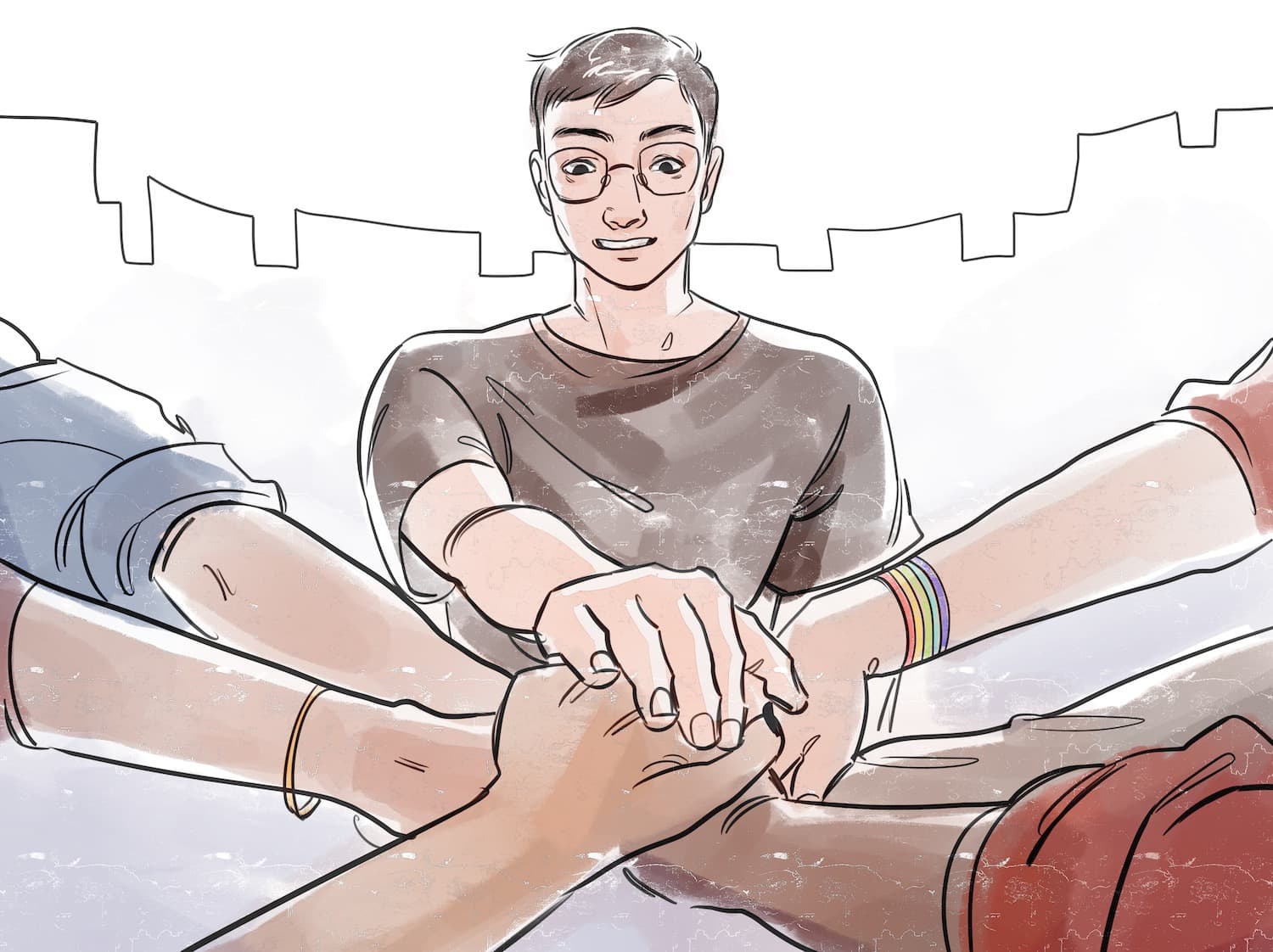
Despite these tiny steps, Chiara and Sean recognise that there is still much room for improvement, in terms of Singapore’s social progress.
One significant issue is the existence of the Penal Code Section 377A, which criminalises the act of male homosexual intercourse. Furrowing her eyebrows, Chiara shares that she is uneasy about the law’s existence as it causes “most people from this community … not [to] feel safe”. Even though she acknowledges that the government has taken a softer approach towards this issue in recent years, “the fact that it is still part of the law” is troubling as it marginalises a segment of our population.
Likewise, Sean hopes for a more inclusive society that can move from tolerance towards acceptance of diversity. The Singapore Dream “is not complicated”, Sean believes. “It is a dream about being able to come from nothingness [and] make one’s life better than what our parents had before”.
Yet, he cautions that it is easy to “corrupt the dream” by selfishly focusing on one’s progress and neglecting other aspects of society. Instead, we — both the state and society — must uphold equality and ensure equal opportunity for all.
Pointing to PM Lee’s mention of Chinese privilege, Sean thinks it is a positive sign that public discourse in Singapore has started to include hitherto sensitive topics like race and LGBTQIA+ rights. Sean attributes this maturation to his generation, which “has gotten these topics into the conversation, and that is the start of change”.
Chiara concurs and imagines a “ripple of compassion” that, with her generation’s involvement in multiple social movements, emanates from them. “Once you start with compassion”, Chiara says, “other things will get better”.



